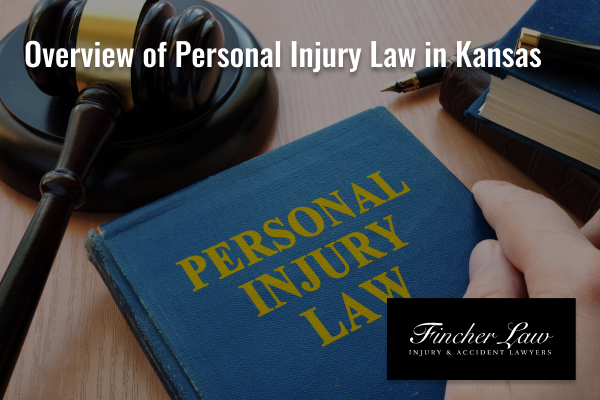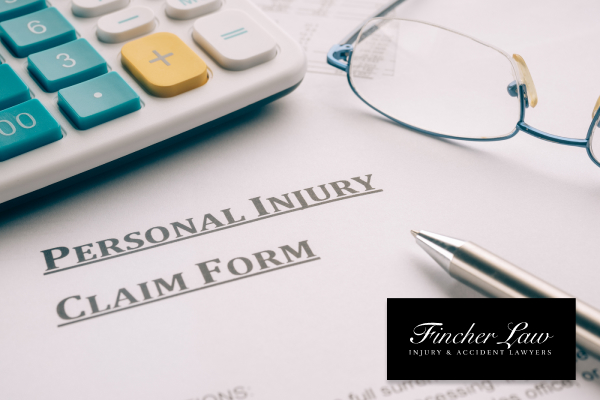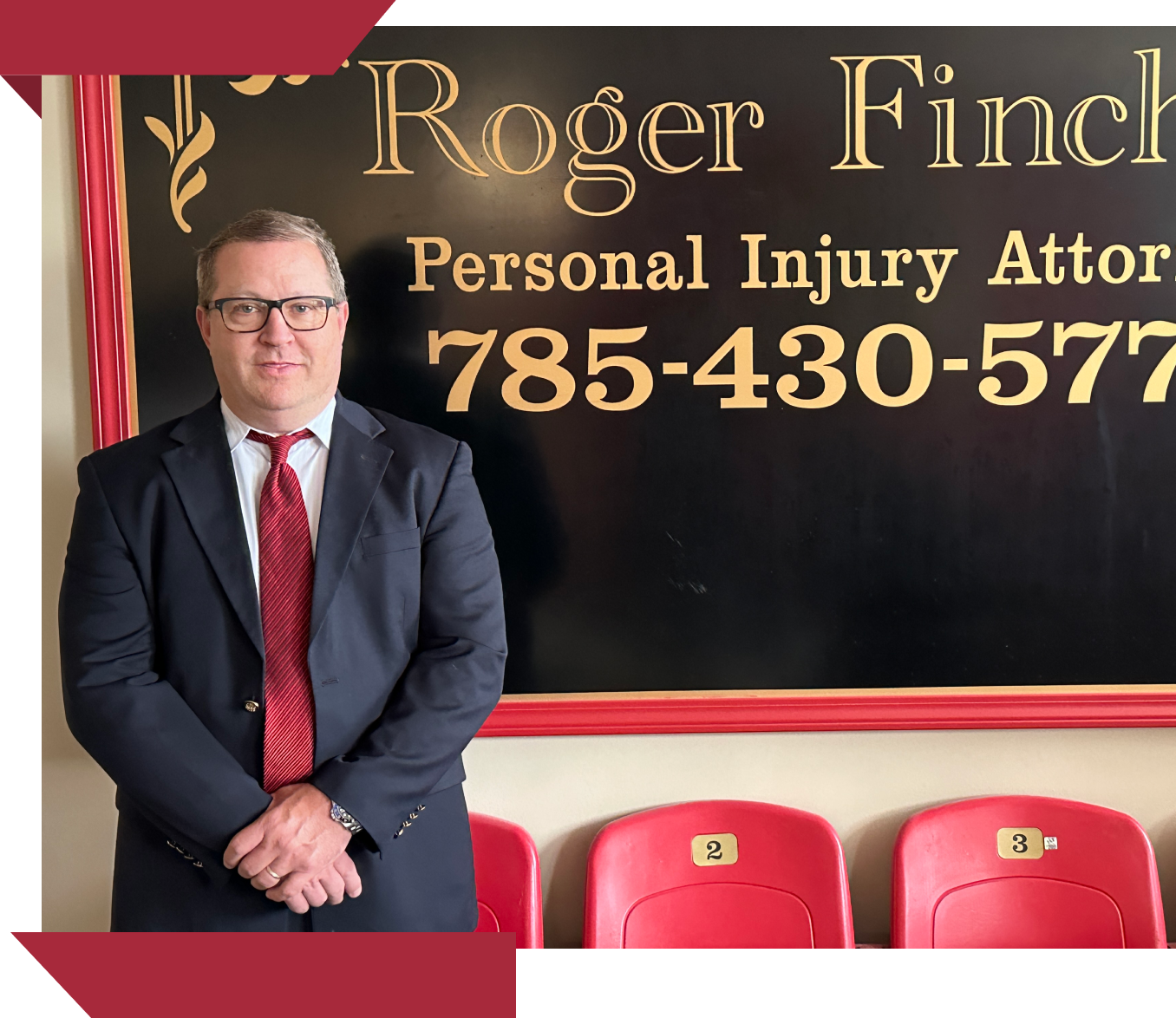
When you get hurt because someone else wasn't careful in Topeka, you might wonder what to do next. The process of compensation for your injuries is called a personal injury claim. This process can help you cover medical bills and other losses. Understanding each step is important to ensure you get what you deserve.
Knowing where to start with a personal injury claim can feel overwhelming. That's where Fincher Law comes in, guiding you from start to finish. We'll help you understand your rights and how to fight for the compensation you need. We can even negotiate with the insurance company for you. Let our personal injury attorney handle your personal injury case. Contact us to schedule a free case consultation.
In Topeka, you can ask for compensation to cover your losses if someone else's actions harmed you. This might include paying for your medical treatment or covering wages you lost because you couldn't work. The law in Kansas allows you to file a personal injury claim against the person or company responsible. Starting this process as soon as possible is crucial for the success of your case.
Filing a claim involves several steps, including gathering evidence and negotiating with insurance companies. Your lawyer knows the law and has the skills to fight for your best outcome. Fincher Law specializes in helping accident victims through personal injury lawsuits.

Personal injury law in Kansas sets the rules on how to deal with injuries caused by someone else's negligence. Negligence means someone fails to act safely, causing harm to another person. Kansas law requires the injured party to prove the other person was at fault to win their personal injury lawsuit. This is where having a knowledgeable attorney becomes essential.
Kansas also follows a rule called "comparative fault." This means if you're partly to blame for your accident, it can reduce how much money you get. For example, if you're found to be 30% at fault, your compensation would be dropped by 30%. Understanding these laws is key to making a strong case.

Collecting strong evidence is crucial to prove your claim. This includes photos of the accident scene, witness statements, and medical records showing your injuries. The more evidence you have, the stronger your case will be. It's also important to start gathering this evidence as soon as possible after the accident to ensure it is accurate and comprehensive.
Documentation is key in personal injury cases. This means keeping a detailed record of all medical treatments, conversations with healthcare providers, and any time missed from work due to your injuries. It would help if you also held onto receipts for any out-of-pocket expenses tied to your injury. This information can help prove the extent of your injuries.
Expert witnesses and accident reconstruction specialists play a vital role in personal injury cases. They provide professional insights that can help prove how the accident happened and who is at fault. For example, in a car accident case, these experts can recreate the crash scene to show the judge or jury exactly what occurred.
Medical experts are also crucial. They can testify about your injuries, treatment, and prognosis, helping to establish the severity of your injuries and the expected future medical care and costs.

Totaling damages in a personal injury case means considering all the ways the injury has affected your life. This includes your medical bills, lost wages if you've had to take time off work, and even emotional distress.
It's important to understand that compensation isn't just about covering your current costs. It's also about providing for future expenses related to your injury. This might include ongoing medical care, rehabilitation, and any modifications you might need to make to your home. A knowledgeable personal injury lawyer will accurately estimate these costs.
Negotiating with insurance companies can be challenging. They often try to minimize the amount they pay out on claims. An experienced personal injury lawyer can communicate with insurers to ensure you receive fair compensation. It's crucial to have someone who understands insurers' tactics and how to beat them.
During negotiations, your attorney will present the evidence and argue for the highest possible settlement based on your damages. This process can take time and requires patience. Remember, accepting the first offer is rarely advisable. Your lawyer will advise you on when a settlement offer is reasonable and when to push for more.
Your case may go to court if negotiations with the insurance company don't lead to a fair settlement. The court process involves presenting your case before a judge or jury. Your lawyer will prepare and present evidence, call witnesses, and argue on your behalf to prove the other party's negligence and the extent of your damages. This process can be complex and may take significant time, but achieving fair compensation is sometimes necessary.
Your lawyer will also gather and analyze evidence to build a strong case on your behalf. This includes everything from car accident reports and medical records to expert testimony. They'll calculate a fair amount for your damages.

Navigating the personal injury claims process in Topeka can be daunting, but you don't have to do it alone. Fincher Law is here to help obtain a just verdict or settlement. We are dedicated to fighting for the compensation you need to move forward with your life. Contact us today for a free case consultation.



How Can We Help You?
How Can We
Help You?
Schedule a Free Consultation Now By Contacting
Our Team at (785) 430-5770 or by completing the form below
Schedule a Free Consultation Now
By Contacting Our Team
at (785) 430-5770
"*" indicates required fields